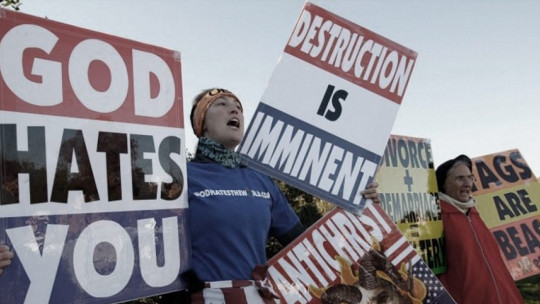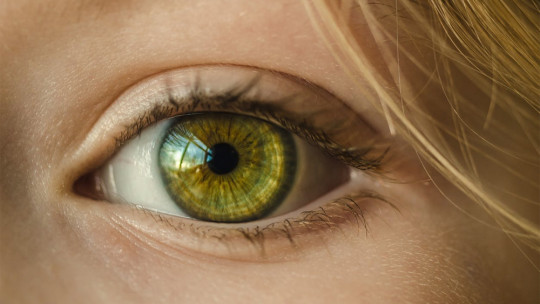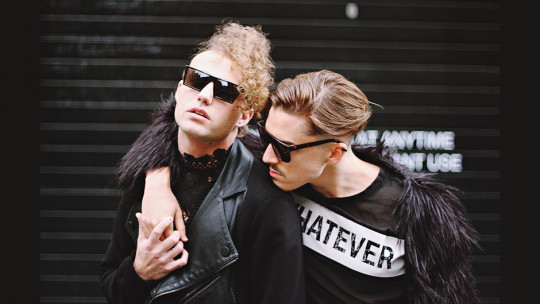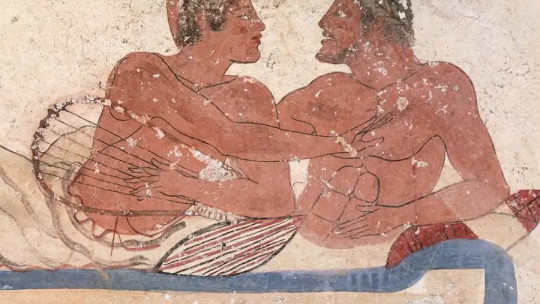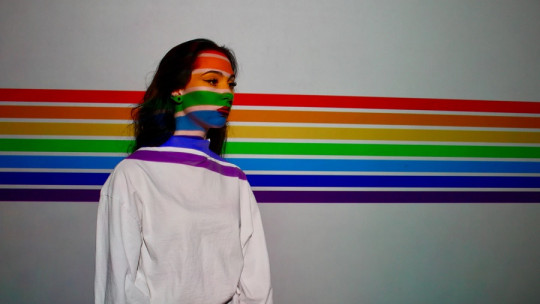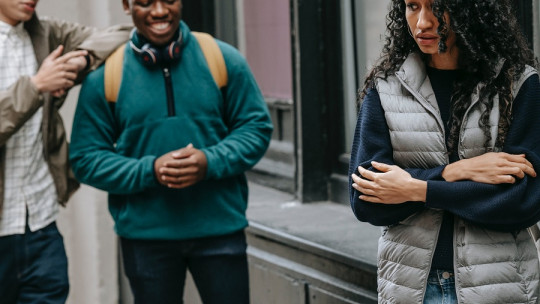You’ve heard of homophobia, but have you ever considered the existence of heterophobia? Is heterophobia really the irrational fear or aversion to people with a hetero sexual orientation? Or perhaps it refers to another meaning?
Many speak of heterophobia, referring to the fear or phobia of people with heterosexual sexual orientation. If you want to know more about this and are sure what it means, read on! In this PsychologyFor article, we explain a little more about heterophobia: what it is, characteristics and examples Of the same.
What is heterophobia
We can understand the term heterophobia in several ways. Etymologically speaking, on the one hand, we know that phobia means fear or great aversion. On the other hand, hetero refers to that which is different, specifically in the sexual and gender sphere. So we could define heterophobia as the irrational fear of the opposite gender to ours although many refer to it as the phobia of people with heterosexual sexual orientation.
According to Daniel Ferstein, in the article The logic of racism heterophobia is defined as fear, strangeness or confusion in front of the other fear that is expressed as fear of the unknown and that is part of the personality structure of social subjects.
Characteristics of heterophobia
Now that we know what the term heterophobia means, let’s see what the main characteristics of the people affected by this irrational fear are:
- Negative references to people of the opposite sex or to heterosexual people.
- Excessive avoidance and escape from said stimuli
- Hyperventilation and palpitations.
- intense anxiety in the face of erroneous estimates of threat, that is, in the face of the meanings attributed to the stimulus and the evoked fear response. For these occasions, we recommend that you consult this article on natural anxiolytics to calm anxiety.
- Occurrence of other derived disorders of this phobia.
Symptoms of heterophobia
In cases of heterophobia, the symptoms that occur can be very diverse. Next, we will show you some of the symptoms of heterophobia:
- Digestive system involvement.
- Feeling of suffocation
- Concern.
- Palpitations and/or tachycardia.
- Muscular stiffness.
- Peripheral manifestations such as hyperflexia, hypertension, hyperhidrosis or increased urinary frequency.
- Appearance of other fears.
- Feeling of shame In this article we look at why I’m embarrassed about everything and what to do.
- Confusion and distortions of perception.
- Biased selective attention.
- Irritability, restlessness or restlessness
- Feeling of oppression overwhelm or excessive worry
- Control.
- Sweating.
- Feeling of suffering
- There is interference in social development.
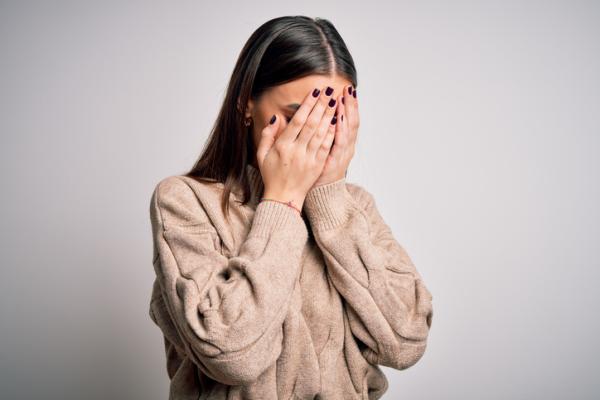
Examples of heterophobia
Understanding heterophobia as fear of the opposite sex, we can find several examples that illustrate this phobia. We must keep in mind that, on the one hand, this phobia can be consequence of other disorders or crisis situations that cause the person to develop heterophobia as a defense mechanism.
On the other hand, examples have been documented in the media about cases of heterophobia that refer to the feeling of discrimination against a person for the fact of being Heterosexual Below, we show you examples of the different interpretations of heterophobia:
- Case of the series The Big Bang Theory: Indian scientist Dr. Rajesh Koothrappali suffers from selective mutism towards people of the opposite sex. We observe that in the presence of a woman he is unable to articulate words out loud, unless it is under the effects of some depressant such as alcohol, whose disinhibiting effect makes it possible for him to overcome her phobia.
- Case of a woman who has suffered gender violence: Develops an irrational fear of men, finding himself unable to be in front of one or even to be in the same room. In addition, you must deal with the deteriorating effects at a social, work and personal level that this entails.
- Screenshot of a WhatsApp conversation: A person asked about room rental. She responded by asking him about her sexual orientation, since her roommate preferred roommates from the LGTBIQ+ group. The first, seeing himself in this situation, decided by himself to abandon the process of renting that room, notifying that he had felt discriminated against and that he did not understand the question.
There are daily cases of discrimination against people due to their sexual orientation, but it is true that the number of people who receive discrimination for being heterosexual is much lower than the people from the LGTBIQ+ group who suffer daily harassment or ridicule for it. Luckily, these situations are becoming more and more visible and we hope that, in a few years, demonstrations in favor of collective equality will not have to be in the news.
This article is merely informative, at PsychologyFor we do not have the power to make a diagnosis or recommend a treatment. We invite you to go to a psychologist to treat your particular case.
If you want to read more articles similar to Heterophobia (fear of the opposite sex): what it is, characteristics and examples we recommend that you enter our Social Psychology category.
Bibliography
- Alfred. (July 12, 2017). Seen on the networks. There are cases of heterophobia looking for an apartment. Recovered from: VEF > Seen on the Networks > There are cases of heterophobia looking for an apartment. By @NoxRadix
- Labrador, FJ, (ed.) (2008). Behavior modification techniques. Madrid. Pyramid
- Moreno, P., (1993). Unfortunate inheritance: racism and heterophobia. Madrid. National University of Distance Education.
- Reisman, J., & Eichel, E. (1990). Kinsey, sex and fraud. The indoctrination of a people. Louisiana. Lochinvar Inc.
- Reynols, J. (Executive producer) (2007-2019). The big bang theory. (TV series). Warner Bros. Television and Chuck Lorre Productions.
- Vera, J.L., (2019). Violence, heterophobia and racism. The origins of physical anthropology. Alterities, 29(58) 9-15.

